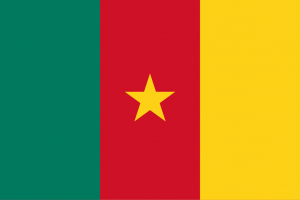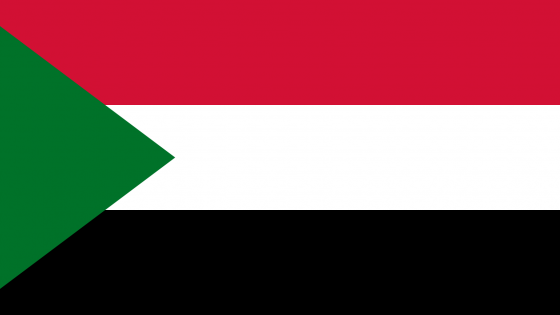
Sudan, a vast country with deep historical roots, offers a unique blend of ancient civilizations, rich culture, and untapped adventure. Home to more pyramids than Egypt, Sudan is a treasure trove for those interested in ancient history and archaeology, despite facing significant challenges from ongoing conflicts and political instability.
Sudan, with its ancient history, pyramids, and diverse cultures, remains a country of contrasts. It is a land where the past and present collide, offering an opportunity for travelers to explore both historical sites and natural beauty in a region that has been relatively untouched by modern tourism. Despite the challenges it faces, Sudan remains a land of immense potential and cultural depth.

